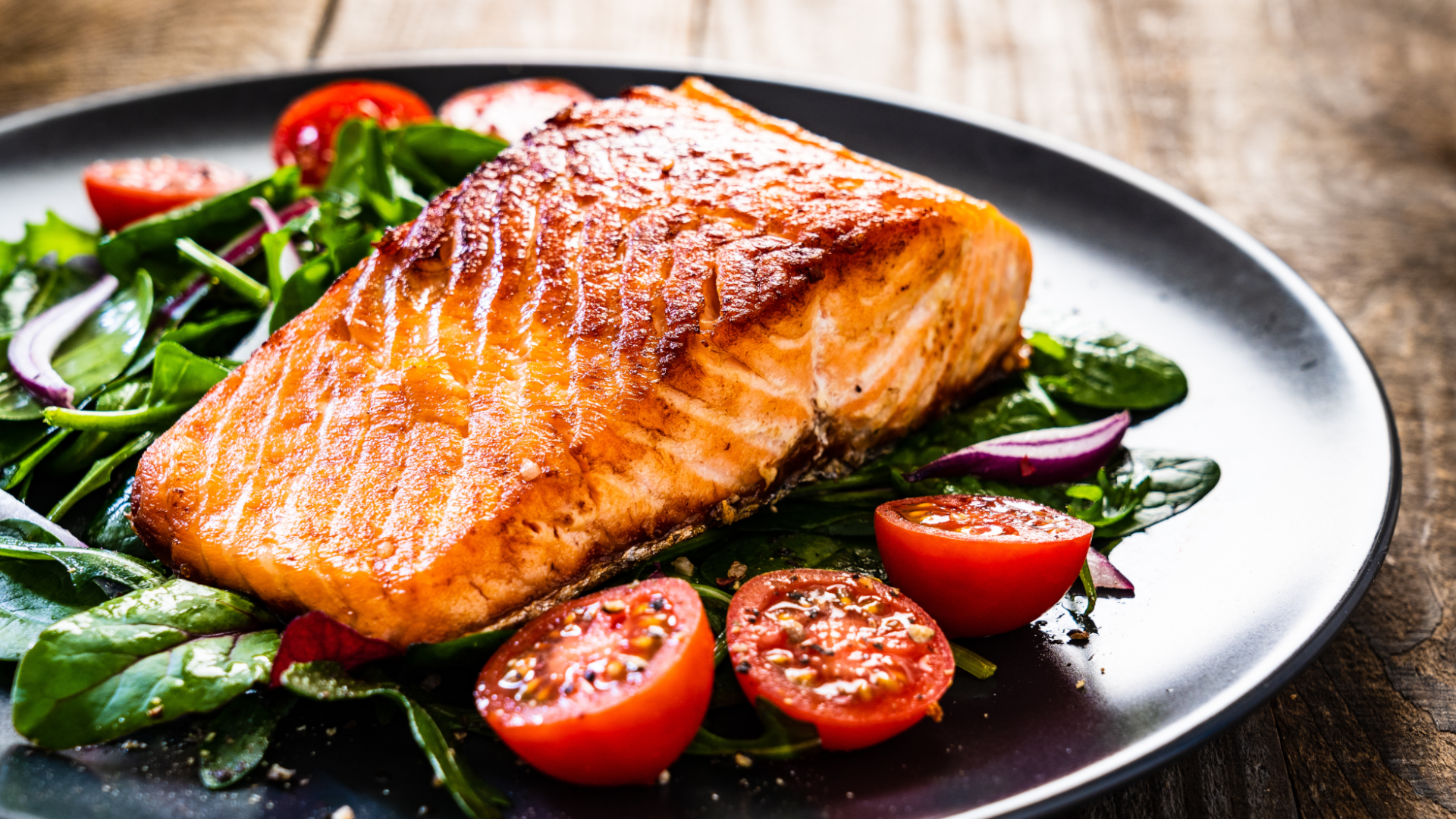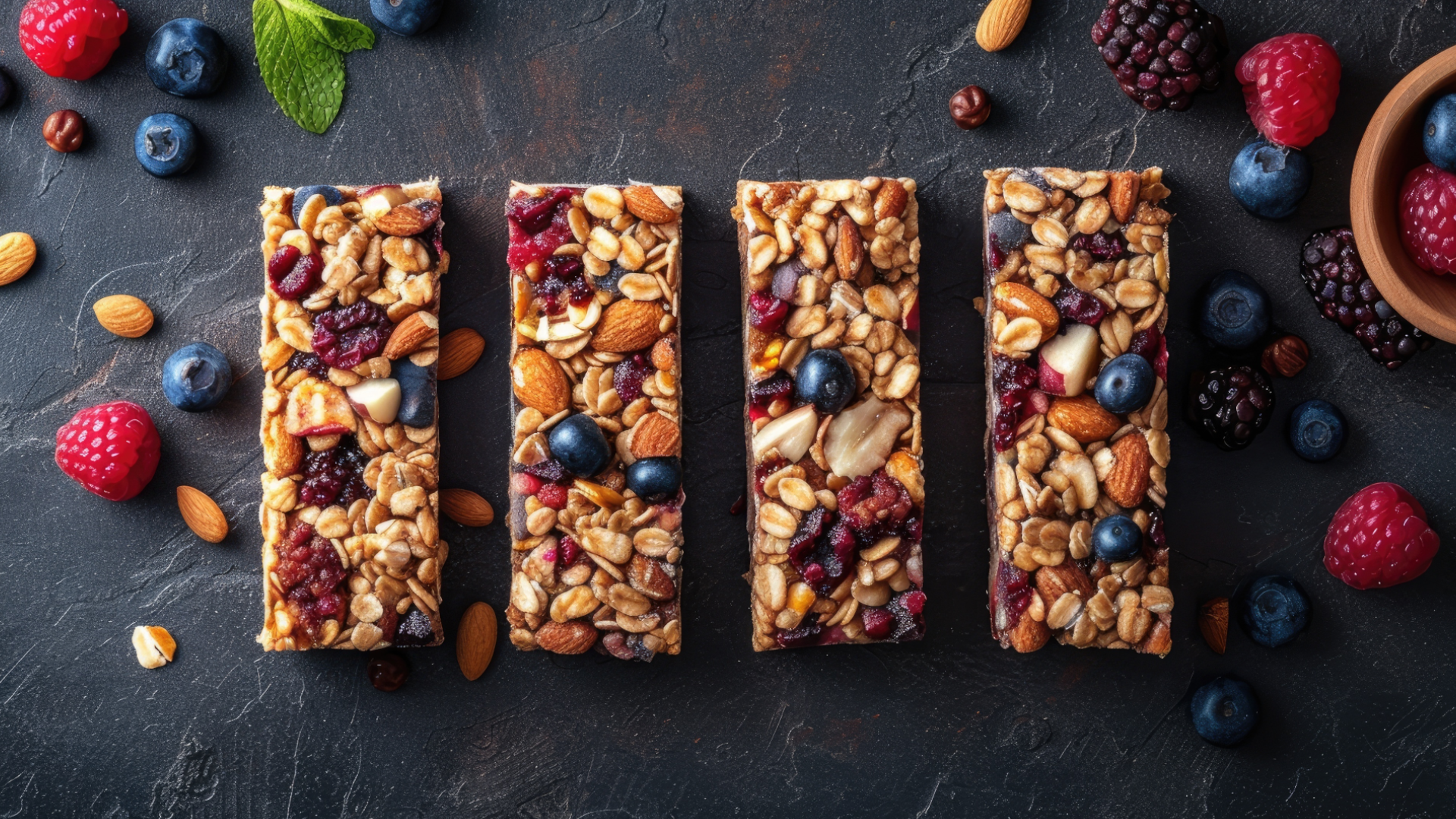Grab your cheat sheet |
Recently, plant-based food products have appeared increasingly in our supermarkets.
According to a worldwide survey in 2021, 88% of food industry experts expected a rise in demand for plant-based products. By 2030, plant-based food sales will have increased fivefold!
There is an obvious trend that is here to stay. But what about plant-based sports nutrition?
This blog will discuss plant-based sports nutrition, the benefits and risks, and how you can incorporate a plant-based diet into your sports nutrition plan.
What is plant-based sports nutrition?
Eating a plant-based diet means consuming little or no animal products or by-products. This means no steak dinners, but it extends to more than just meat. Other foods to avoid include dairy, seafood, eggs and gelatin.
With the dramatic increase in plant-based diets over the 21st century, several athletes have been promoting this diet in relation to sports nutrition.
Documentaries such as The Game Changers have brought this concept into popular streaming platforms and spread the word that athletes can enjoy a plant-based diet while still excelling in their sport and optimizing training.

What are the benefits and drawbacks of plant-based sports nutrition?
Sports nutrition aims to provide the body with the nutrients and energy needed to sustain an active lifestyle. When considering embracing plant-based sports nutrition, it's essential to question whether or not this diet will provide everything your body needs. And there are mixed feelings on this topic.
Benefits of plant-based sports nutrition
The good news is that a plant-based diet can support your sports nutrition plan very well. Research has shown no difference in athlete performance between vegetarian diets, including vegan and omnivore diets.
Another study showed greater cardio fitness in vegetarian endurance athletes compared to non-vegetarian—a certain benefit if you are taking part in regular training.
But it's not all about cardio. Plant-based protein also has its benefits. Compared to protein from animal products like red meat, plant-based protein is associated with lower mortality rates.
A lower mortality rate, greater cardio fitness and no hindrance to performance sound like great reasons for any athlete to jump on the plant-based bandwagon.
Drawbacks of plant-based sports nutrition
While the benefits are great, you must also consider the drawbacks of plant-based sports nutrition.
Plant-based athletes need to consider their nutrient intake carefully. According to Sports Medicine, there is a potential risk of lacking some nutrients with vegetarian and vegan diets. These include iron, calcium, zinc and vitamins B12 and D - nutrients usually derived from animal products. Not consuming enough of these vital nutrients could impact sports performance and even overall health.
Another drawback comes down to processed foods. Supermarkets are full of highly processed meat replacement products, such as plant-based burgers or chicken-style pieces. Multiple studies have shown many health risks related to consuming highly processed foods, ranging from irritable bowel syndrome to diabetes.

Where do I start with plant-based sports nutrition?
Overall, it is clear that following a plant-based sports diet is entirely feasible. It can even come with health benefits. However, you must ensure you get the correct balance of nutrients and do not consume too many processed foods.
So how do you do this? Firstly, planning is key. Make sure your nutrition plan is full of foods that give you the nutrients your body needs for your active lifestyle. Eating a variety of colorful produce and nutrient-dense foods, such as beans, nuts and seeds, can maximize your nutrient intake. Getting these nutrients can help with recovery, performance and overall health.
If you struggle to ditch the meat and cheese straight away, slowly introduce plant-based swaps into your diet over time. Supplementation can be an option, too, if you are struggling to get the nutrients from diet alone.
Secondly, avoid processed foods where possible. For example, instead of supermarket meat alternatives, try making homemade options. For example, make your own black bean burgers instead of the supermarket vegan patties. Or opt for cooking colorful, vegetable-rich meals such as vegetable curry and lentil bolognese.
Planning meals like this will help you avoid processed options and boost your nutrient intake at the same time. Making the decision to embrace plant-based sports nutrition, with some planning and preparation, could help you lead an optimum athlete lifestyle.



